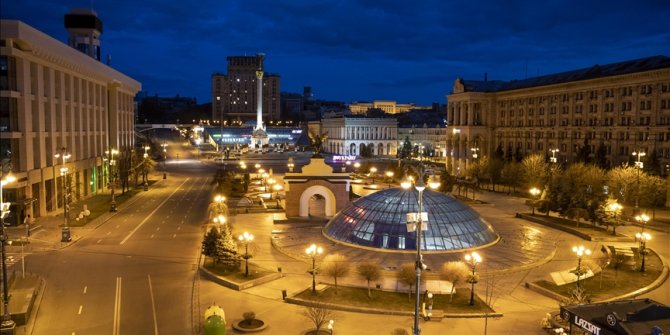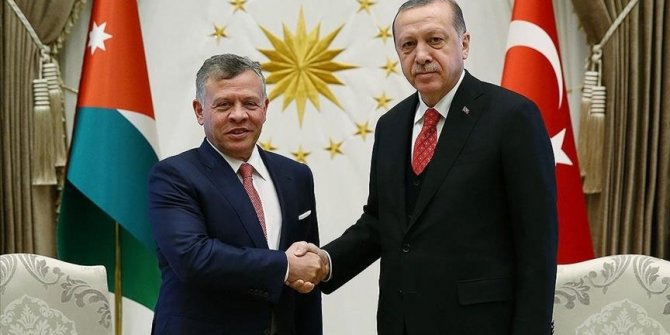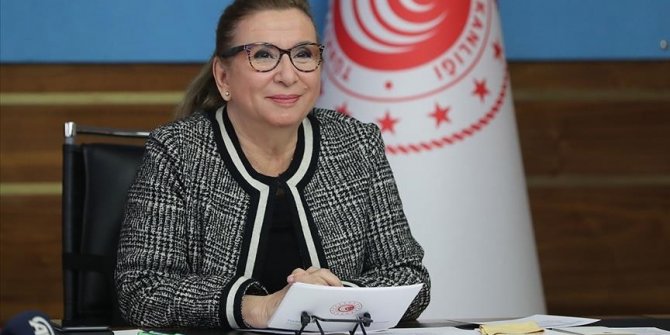Russia, Ukraine to exchange more than 40 prisoners

The Russian and Ukrainian human rights commissioners on Wednesday agreed to exchange more than 40 prisoners after meeting in the Turkish capital.
Tatyana Moskalkova, Russia's commissioner for human rights, and Dmitro Lubinets, the Ukrainian parliament commissioner for human rights, met in Ankara as part of an international conference on the future of human rights in the 21st century.
Moskalkova said they revised the lists of certain military detainees and decided to release more than 40 of them.
"I requested Lubinets' assistance in reuniting certain Ukrainian people with their families in Russia. Because humanitarian corridors do not work from time to time, those with serious illnesses also require the assistance of ombudsmen," she explained.
Moskalkova added that the activity of the International Committee of the Red Cross was also discussed, saying the Red Cross helped deliver letters to the families of hostages.
"With the assistance of our army and special services, we are now attempting to locate persons whose locations are unknown," she added.
For his part, Lubinets said Russia was able to find 22 persons and that they have now returned to their motherland. He added that they also discussed several humanitarian issues in the meeting as well.
Moskalkovaalso said Türkiye was one of the most suitable places in this regard at the moment for exchanges of the wounded and prisoners.
She said after the meeting that despite logistical challenges, more than 30 representatives from the global ombudsman community attended.
She added that the Turkish Parliament Speaker Mustafa Sentop met with her.
Moskalkova stated that because there were no diplomatic contacts between Russia and Ukraine due to the war, conversations were held between the ombudsmen of Russia and Ukraine.
"Yesterday, we discussed 10 groupings of concerns. For example, we discussed providing specific documents on the problem of delivering pensions to people. There are no archives about individuals's work in some places, and these records are not available; some people have asked for their restructuring," she said.









